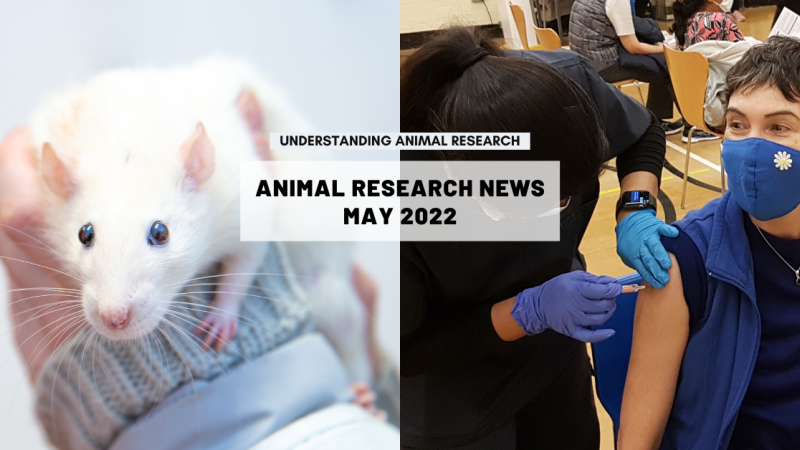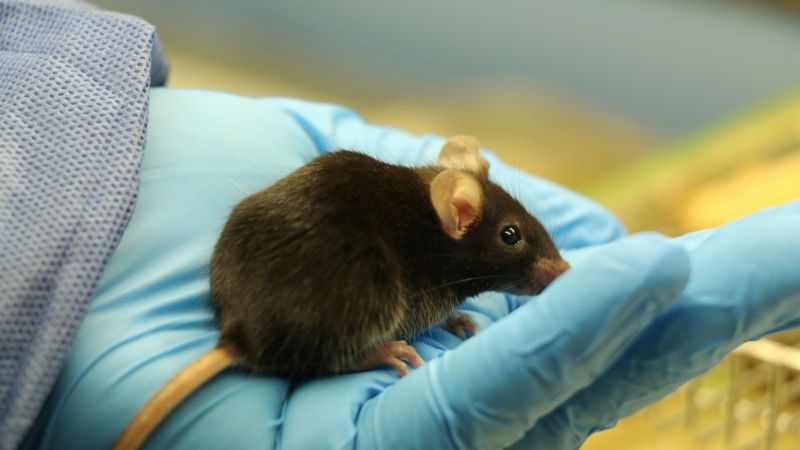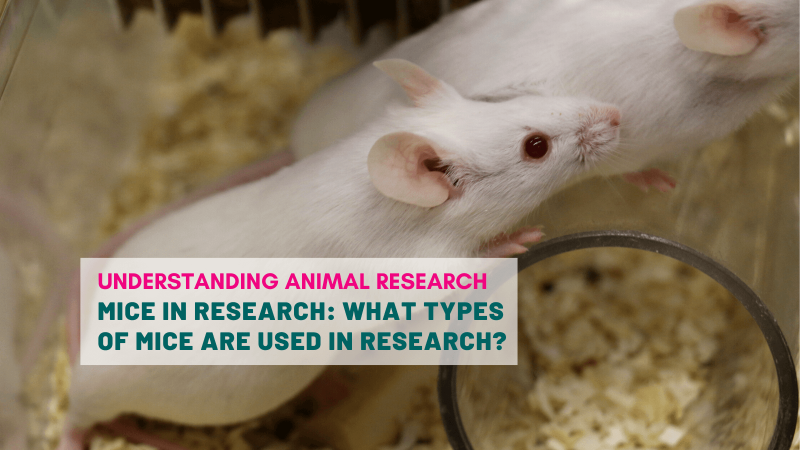Text to go here...
 For many years doctors have observed a link between the skin condition psoriasis and cardiovascular disease, but how the two could be linked has remained a mystery. Now in new research scientists have genetically engineered a mouse to develop psoriasis and shown how the condition causes further disease in the circulatory system of the animal. The work is an important step forward to understanding the link between the diseases and will help scientists develop new ways of combating the problem.
For many years doctors have observed a link between the skin condition psoriasis and cardiovascular disease, but how the two could be linked has remained a mystery. Now in new research scientists have genetically engineered a mouse to develop psoriasis and shown how the condition causes further disease in the circulatory system of the animal. The work is an important step forward to understanding the link between the diseases and will help scientists develop new ways of combating the problem.
To allow scientists to investigate the link in ways not possible with human patients, a mouse model of psoriasis was created by putting a gene that can cause the inflammation linked to psoriasis (KC-Tie2) under the control of doxycycline. This result is that doxycycline can be used to turn the gene on and off.
The team found that a third of the genetically engineered mice developed inflammation in the aortic artery accompanied by a weakening of the vessel walls. None of the genetically-normal control mice showed a defect. Mice with advanced psoriasis were then given doxycycline to turn off the KC-Tie2 gene. This cured both the skin condition and the vessel damage.
Damage to blood vessel walls can cause thrombosis, where a clot forms and can block the vessel causing cardio-vascular disease, including heart attacks. The researchers also found that the KC-Tie2 mice had drastically shortened clotting times suggesting a link between the skin condition and a heightened risk of blood clots.
As well as showing a direct link between psoriasis and cardio-vascular disease and so reinforcing observational evidence from doctors, the new mouse model provides a way for scientists to investigate the relationship further and possibly find more effective treatments in the future.
Last edited: 14 March 2022 08:19




